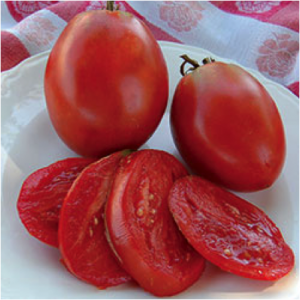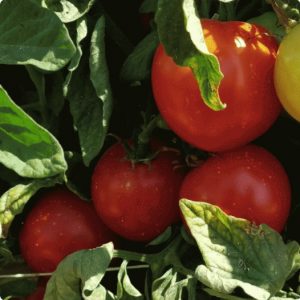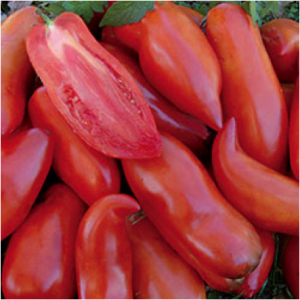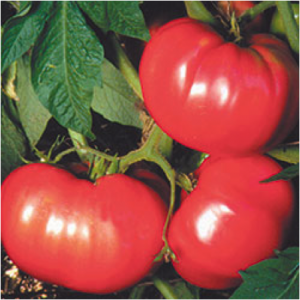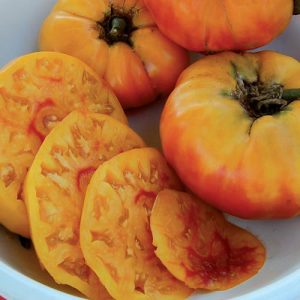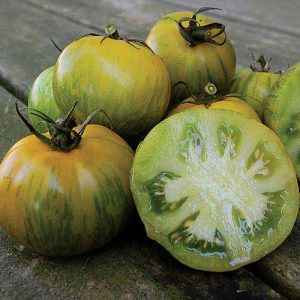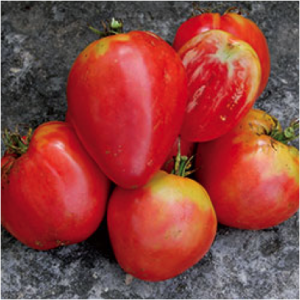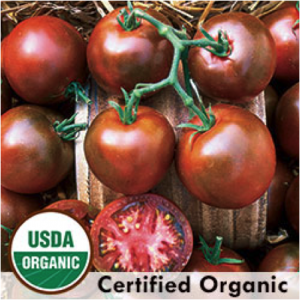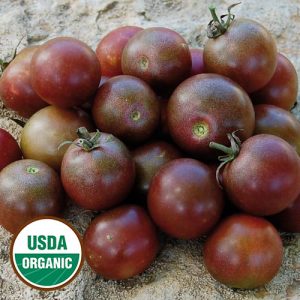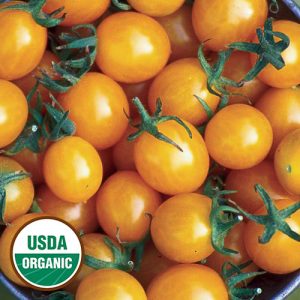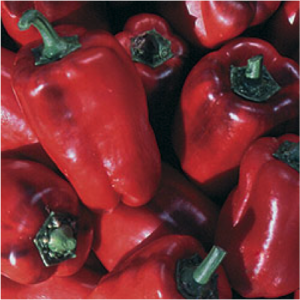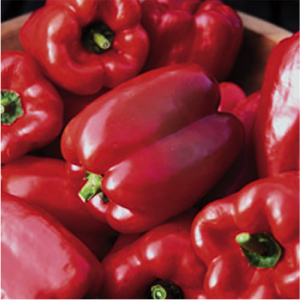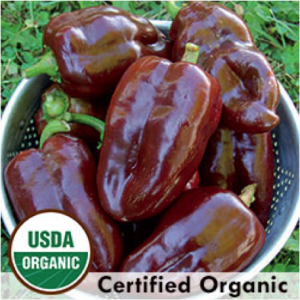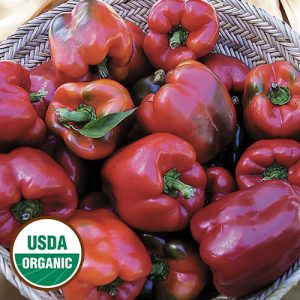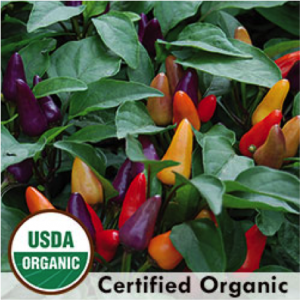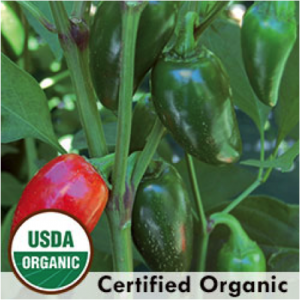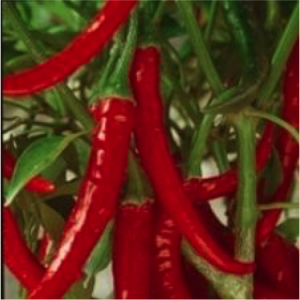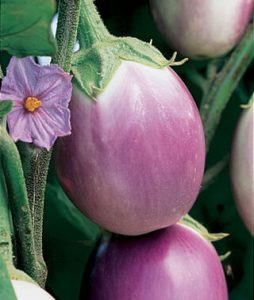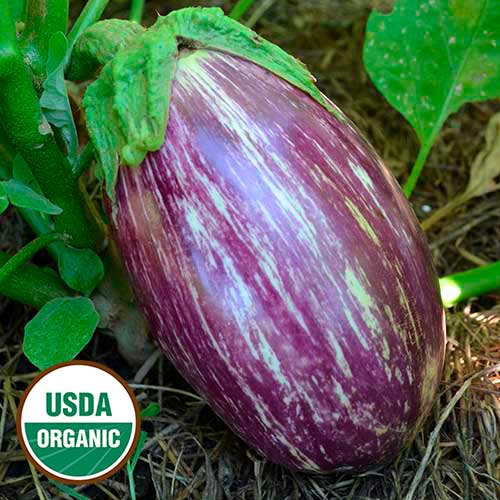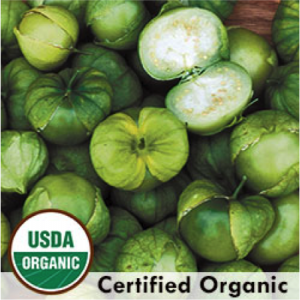Plant Sale begins Saturday, May 11, 2024 9am – 3pm
4244 Crocker Ave, Edina, MN 55416
In conjunction with the Linden Hills Garage Sale – this is a week earlier than usual, so plants are smaller than usual. Inventory is still happening on varieties that are large enough for this first sale day, but most of the following varieties should be available…
You can pay for your purchase here: https://www.paypal.me/CoolPlanet
or Venmo @ptflydisc (Paul Thompson)
cash or checks (payable to “Cool Planet”) on site.
$5 each Heirloom Tomatoes (Amish Paste, Abe Lincoln, Cherokee Purple, Earliana, Federle, German Pink, Gold Medal, Green Zebra, Hungarian Heart, Nyagous Black, San Marzano, Black Cherry, Blondköptchen – yellow cherry, Velvet Red Cherry)
$5 each Sweet Peppers (Buran, King of the North, Sweet Chocolate, Wisconsin Lakes) and Chilies (Aurora, Jalapeno, Paul’s chili, Wenke’s Yellow Hots)
$5 each other vegetables – Green Tomatillo
coming soon (Brussel Sprouts, Rosa Bianca Eggplant, Listada de Gandia Eggplant )
All sales benefit Cool Planet. Raised in Morningside from seed. Not certified, but using organic methods. New soil used in potting.
See details of varieties below.
Tomato
(Solanum lycopersicum) First listed in the 1987 SSE Yearbook by Thane Earle of Whitewater, Wisconsin. Commercialized by Tom Hauch of Heirloom Seeds, who acquired it from the Amish near Lancaster, Pennsylvania. Bright red 8-12 ounce fruits vary in shape from oxheart to rounded plum. Delicious flesh is juicy and meaty, excellent for sauce or fresh eating. One of Slow Food USA’s Ark of Taste varieties. Indeterminate, 85 days from transplant.
These are one of my favorite tomatoes to grow for salsa and canning. Fruits are not a consistent size and shape, but tend to be on larger size and not overly juicy.
(Solanum lycopersicum) Like its namesake, this tomato is extraordinary in every way. This large, meaty, old-fashioned, globe-shaped variety is crack resistant and packed with great taste. Indeterminate, 70-75 days from transplant.
The Abe Lincoln tomato, originating from the beloved American president’s home state, was introduced in 1923 by W. H. Buckbee seed company of Rockville, Illinois. It soon established itself in gardens nationwide, staying there even through the arrival of new hybrid varieties in the 1940s. This round, solid red tomato is known among gardeners for its high resistance to splitting. This was a new variety last year and received rave reviews.
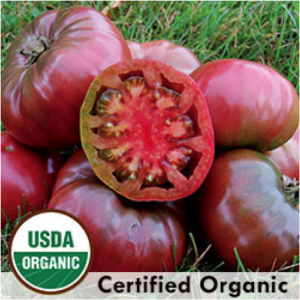
Cherokee Purple (organic seed) – Not Available
(Solanum lycopersicum) Introduced by North Carolina SSE member Craig LeHoullier in 1991 from seed obtained from J. D. Green of Tennessee. Uniquely colored dusty rose-brown fruits weigh up to 12 ounces. Delicious sweet flesh. Indeterminate, 75-90 days from transplant. Another beautiful color variety. Larger than Nyagous Black and not quite as dark.
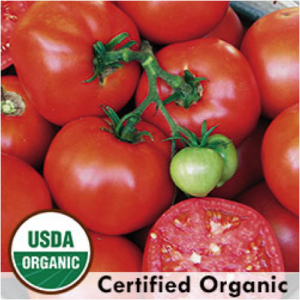
Earliana (organic seed)- limited quantity
(Solanum lycopersicum) Standard early variety developed by George Sparks of Salem, New Jersey and introduced in 1900 by Johnson and Stokes. Smaller 30-36″ plants with clusters of 4-5 ounce fruits. Very good flavor. Indeterminate, 60-70 days from transplant. Earliest producers for me. Nice for fried green tomatoes.
(Solanum lycopersicum) Introduced to SSE in 1991 by R. W. Richardson of New York. Original seed obtained through a swap with a West Virginia gardener. Productive plants loaded with 7″ long red paste tomatoes. Rich full flavor and few seeds. Excellent for processing, especially good for salsa. Indeterminate, 85 days from transplant. I love these for salsa and sauce because of its dryer texture.
(Solanum lycopersicum) One of the two original Bavarian heirlooms from Diane Ott Whealy’s family that started SSE. Potato leaf plants produce large 1-2 pound fruits. Meaty flesh with few seeds, very little cracking or blossom scars. Full sweet flavor. Excellent for canning, freezing and slicing. Indeterminate, 85 days from transplant. Beautiful pale pink and large fruit.
(Solanum lycopersicum) From Ohio tomato collector, Ben Quisenberry, who described it in his 1976 catalog: “The sweetest tomato you ever tasted. The yellow with streaks of red makes them very attractive and a gourmet’s joy when sliced.” Our finest bi-colored tomato—orange-yellow splashed with red. Winner of the 2008 SSE Tomato Tasting. Indeterminate, 75-90 days from transplant. New variety last year. It’s beautiful color and great taste are fun for slicing and adding color interest to salsa.
(Solanum lycopersicum) Bred by Thomas Wagner of Tater Mater Seeds and introduced in 1983, this variety produces very prolific plants that bear olive-yellow 1½-2½” fruits with deep-green zebra stripes and a sweet, zingy flavor. Indeterminate, 75-80 days from transplant.
(Solanum lycopersicum) Said to have originated in a village 20 miles from Budapest around 1900. Jerry Muller of Alabama (formerly of Tennessee) was the first SSE member to offer this variety; in 1988 he listed his seed source as Ed Simon of Pennsylvania. Huge pink oxheart fruits weigh upwards of one pound. Very few seeds and almost no cracking. One of our favorites for fresh eating, canning, and for making roasted tomato sauce. Indeterminate, 85 days from transplant. Fun shape and large fruit.
(Solanum lycopersicum) Introduced in the 1997 SSE Yearbook by Glenn Drowns. Great black tomato that is virtually blemish-free. Baseball-sized fruits are borne in clusters of up to six fruits, very productive. Excellent full flavor, great for markets. Indeterminate, 80 days from transplant. Great for fried green tomatoes. Color is fun for salsa making.
San Marzano Tomatoes proudly maintains characteristics of the perfect paste, puree or canning tomato. San Marzano matures in clusters, holds well on the vine and in storage, is crack resistant, and processes well due to its solid nature. For these reasons, San Marzano Tomatoes remain Italy’s top choice as the perfect canning tomato. Indeterminate, 75 to 90 days from transplant. I received these seeds as a gift from a friend who only grows this variety for canning. He makes excellent sauce with them.
Cherry Tomatoes
(Solanum lycopersicum) Vigorous regular leaf plants covered in clusters of 1″ round cherry tomatoes. Dusky purple-black fruits bursting with rich flavor—sweet and complex. Indeterminate, 65-75 days from transplant. My favorite cherry tomato. They are sweet and delicious especially when warm from the sun directly off the vine. A favorite snack while working in the garden.
Blondköptchen Yellow Cherry (organic seed)
(Solanum lycopersicum) (aka Little Blonde Girl) East German variety obtained by Seed Savers Exchange from Gatersleben Seed Bank. Small golden yellow 1″ fruits borne in giant clusters, excellent sweet taste. Enormous yields and rarely a cracked fruit. Bears until frost. Indeterminate, 75-80 days from transplant. New variety last year.
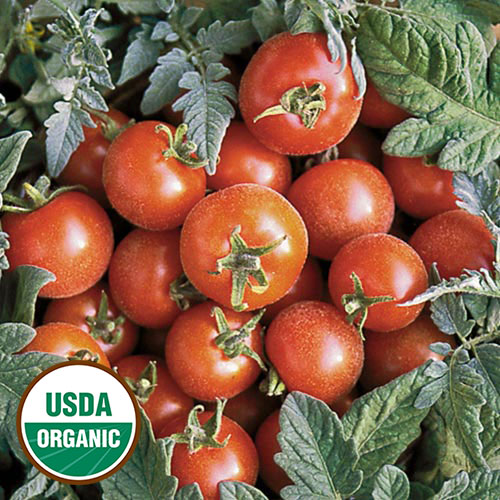 Velvet Red Cherry Tomato (organic seed)
Velvet Red Cherry Tomato (organic seed)
Winner of the 2009 Tomato Tasting at SSE’s Heritage Farm. From SSE member Joe Bratka of Elmwood, New Jersey. Striking silvery gray dusty miller-type foliage. Heavy yields of 1″ cherry tomatoes, excellent sweet flavor. Occasionally a non-silvery plant will appear. Indeterminate, 75-80 days from transplant. New variety this year.
Sweet Peppers
(Capsicum annuum) Sweet and productive Polish heirloom. Two-foot tall plants produce 4″ long bell fruits with 3 lobes. Sweet even when green, sure to be a favorite. Does well in dry areas. 90 days from transplant. SWEET
King of the North – limited quantities
(Capsicum annuum) The best red bell pepper we know for northern gardeners where the seasons are cool and short. Blocky, uniform fruits are excellent for stuffing or fresh eating. Great sweet flavor. Our stock is from Fedco Seeds in Waterville, Maine. 70 days from transplant. SWEET
Sweet Chocolate (organic seed) – limited quantities
(Capsicum annuum) (aka Choco) Early bell pepper bred by Elwyn Meader and introduced by the University of New Hampshire Agricultural Experiment Station in 1965. Ripens from green to chocolate on the outside and brick red inside. Thick sweet flesh. Great for gardeners in short-season areas. 60-85 days from transplant. SWEET.
These are beautiful and very sweet when ripe. Wonderful for roasted peppers and in salsa.
Wisconsin Lakes (organic seed)
(Capsicum annuum) Developed in the 1950s at the University of Wisconsin at Madison by Professor O. B. Combs. Great choice for an early maturing bell pepper. Reliable yields of thick-walled, 4-6 oz. fruits that ripen from green to red. 75-85 days from transplant. SWEET
Chili Peppers
(Capsicum annuum) Stunning 1½” long fruits borne on foot-high ornamental plants, perfect for container growing. Fruits ripen from lavender to deep purple to orange and finally to red. 60–75 days from transplant. MEDIUM HOT
These make great ornamentals. Easy way to grow chilies for salsa on the front stoop.
Jalapeno Traveler Strain (organic seed)
(Capsicum annuum) From SSE member Larry Pierce of Cabool, Missouri. Named Traveler because Larry carried this seed with him when he moved to Oklahoma, Wyoming, and then Missouri. Sturdy plants covered in cylindrical fruits that average 3″ long. Fruits ripen from green to bright red. 70-90 days from transplant. HOT.
Still the best for salsa. Usually used green, but will turn red.
This picture is not exact, but shows the style of chili pepper. These are from saved seeds of Paul’s favorite chili pepper. These dry well on the kitchen counter and last until the next season’s harvest and beyond. HOT
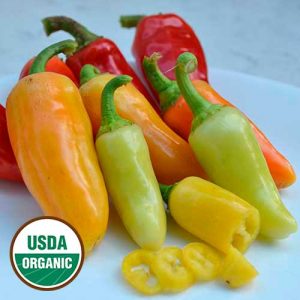 Wenk’s Yellow Hots (organic seed) – Not available
Wenk’s Yellow Hots (organic seed) – Not available
(Capsicum annuum) Three-inch long wax peppers with thick walls, ripen from yellow to bright orange then red. Grown by the late Eris Wenk, one of the last large truck farmers in Albuquerque’s South Valley. A great variety for canning and pickling. 80 days from transplant. Medium hot.
Other Vegetables – available soon
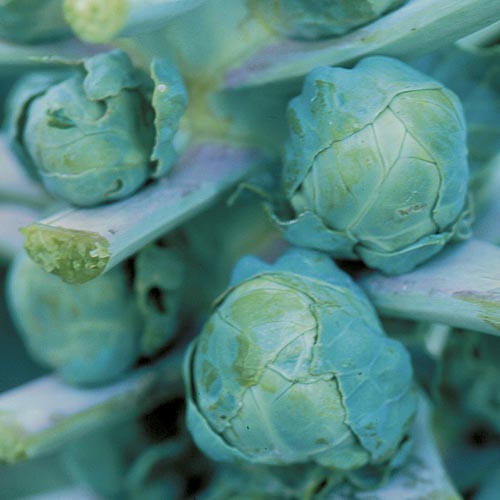 Brussel Sprouts – Long Island Improved
Brussel Sprouts – Long Island Improved
A single stalk of this variety can bear 50-100 dark-green Brussels sprouts (florets) over an extended period. Compact plants produce sturdy spikes with edible florets that mature from the bottom up and take on sweeter tones after a light frost. Toward the end of the growing season, cut off the top 4-6 inches of the plant to force it to put it’s energy into the existing sprouts; the remaining sprouts should mature in 3-6 weeks. Introduced in the 1890s, this historic variety was once the most important commercial sprout in the United States. Brussels sprouts mature 80-115 days from transplant.
(Solanum melongena) Stunning Italian heirloom. Round 4-6″ fruits are lavender-pink with creamy white shading. Mild in flavor and rarely bitter. Well suited for all of your cooking needs, great for eggplant Parmesan. 70-85 days from transplant.
Listada de Gandia is a treasure. This prized variety bears sweet, tender, thin-skinned, stunning eggplant. It likely originated in Spain (its name translates as “Grown in Spain”), where it is still revered today. The small 14″ plants produce heavy yields of high-quality, 8″ oval white fruits with purple stripes and mild white flesh. The variety thrives in very hot weather. 80-90 days from transplant.
Green Husk Tomatillo (organic seed) – Now available
(Physalis ixocarpa) (aka Mexican Husk Tomato) Prolific bushy plants are 3-4′ across and almost as tall. Green 2″ fruits are ripe when they burst through husks. Blended with hot peppers to make traditional Mexican green sauce. 70-80 days from transplant. Need 2 plants to cross-pollinate.

